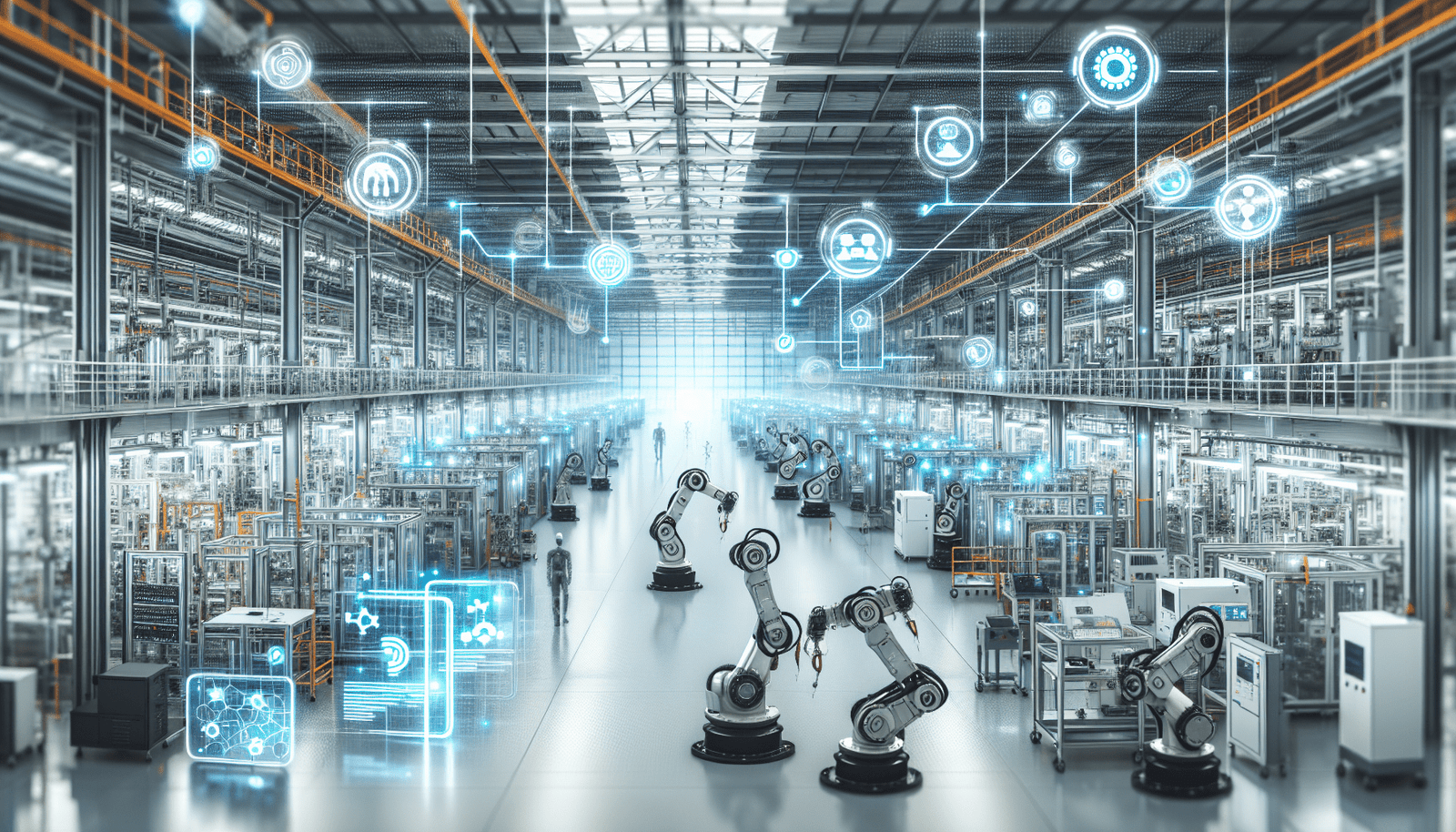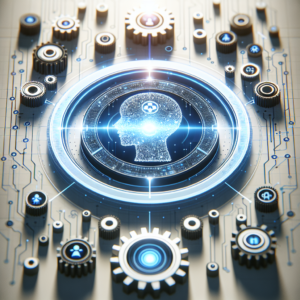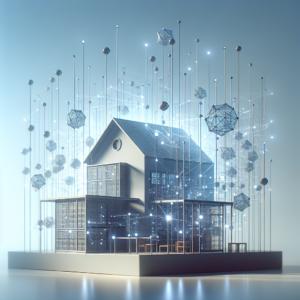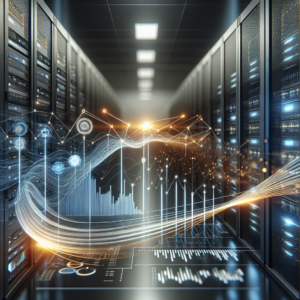Have you ever paused to think about how much technology has reshaped our daily lives? It’s fascinating! One particular area that has consistently been at the forefront of this transformation is the Internet of Things (IoT). This web of interconnected devices is not just a futuristic concept; it’s actually very much a part of my present reality.
Understanding the Internet of Things (IoT)
At its core, the Internet of Things simply refers to a network of physical objects that connect to the internet, collecting and sharing data. These objects, often referred to as “smart devices,” can range from everyday appliances to complex industrial machines. What makes IoT so impactful is its amazing capability to facilitate communication between various devices, creating a more seamless and efficient way of life.
Each of these devices is equipped with sensors and software that enable them to collect and exchange data. I find it amazing how my thermostat can learn my preferences and adjust the temperature accordingly, or how my car can tell me when it needs maintenance. This interconnectedness is not only convenient; it’s reshaping entire industries, which I’d love to share more about.
The Influence of IoT on Modern Industries
The impact of IoT on industries today is nothing short of revolutionary. I see it manifesting in several key areas: manufacturing, healthcare, agriculture, transportation, and smart cities, among others. Each of these sectors is experiencing significant transformations driven by IoT technologies.
Manufacturing
In the manufacturing sector, IoT has given rise to what some call “smart factories.” Here, machines and devices communicate with one another to optimize production schedules, minimize downtime, and enhance overall efficiency.
For example, if a machine starts operating less efficiently, IoT sensors can send alerts for maintenance before a breakdown occurs. This predictive maintenance not only saves companies money on repairs and downtime but also improves safety for workers. In an environment where I often think about operational efficiency, this kinda translates to a big win.
Benefits of IoT in Manufacturing
| Benefit | Description |
|---|---|
| Increased Efficiency | Reduced downtime and optimized production processes. |
| Predictive Maintenance | Proactive repairs before equipment failure, extending lifespan. |
| Real-Time Data Analytics | Informed decision-making through immediate data feedback. |
Healthcare
The healthcare sector stands to benefit immensely from IoT. I sometimes think how my own experiences with health monitoring devices, like fitness trackers, offer a glimpse into a larger trend. Smart medical devices can continuously monitor a patient’s health, collecting data that doctors can analyze in real-time. This proactive approach to healthcare could mean a faster, more accurate diagnosis and better treatment plans.
Key Applications in Healthcare
| Application | Use Case |
|---|---|
| Remote Patient Monitoring | Continuous tracking of patient vitals, sending alerts if issues arise. |
| Smart Wearables | Tracking fitness and health metrics, allowing for personalized health plans. |
| Medication Management | Automated reminders and monitoring adherence to prescribed treatments. |
Agriculture
With the global population constantly growing, efficient food production is more critical than ever. I am genuinely intrigued by how IoT is transforming traditional agriculture into smart farming. Farmers can use IoT sensors to monitor soil moisture, regulate irrigation, and optimize fertilizer usage, which leads to better crop yields while conserving resources.
Advantages of IoT in Agriculture
| Advantage | Description |
|---|---|
| Precision Farming | Optimize resources and improve yield through data-driven decisions. |
| Livestock Monitoring | Track health and productivity of animals in real-time. |
| Supply Chain Optimization | Ensure timely distribution of products based on IoT insights. |
Transportation
I’ve always been fascinated by how smart technology is reshaping the way we move. In the transportation sector, IoT has made it possible to create smart logistics systems that improve fleet management. By utilizing real-time data, companies can optimize routes, monitor traffic patterns, and even reduce fuel consumption.
Impacts of IoT in Transportation
| Impact | Description |
|---|---|
| Improved Fleet Management | Enhanced route optimization and monitoring of vehicle conditions. |
| Smart Traffic Systems | Real-time updates reducing congestion and improving safety. |
| Autonomous Vehicles | Enhanced navigation and safety features using connectivity. |
Smart Cities
When I think about smart cities, I envision urban areas that seamlessly integrate technology into daily life. IoT plays a significant role in managing public services and infrastructure more efficiently. From smart lighting that adjusts based on pedestrian traffic to waste management systems that alert services when bins need emptying, I get excited thinking about the potential for improved livability and sustainability.
Innovations in Smart Cities
| Innovation | Description |
|---|---|
| Smart Lighting | Adaptive street lighting based on real-time data inputs. |
| Waste Management | Sensors in garbage bins to optimize collection schedules. |
| Traffic Management | Real-time traffic monitoring to reduce congestion and improve safety. |
Challenges and Considerations
While the potential of IoT seems boundless, I can’t overlook the challenges that come with its integration into industries. Security concerns, interoperability among devices, and data privacy are significant aspects that need careful consideration.
Security Risks
As I think about daily life with connected devices, I realize that the more devices we use, the greater the risk for potential data breaches or cyber-attacks. It’s crucial for industries relying on IoT to invest in secure systems and protocols to protect sensitive information.
Interoperability
With countless manufacturers creating their own versions of IoT devices, I’ve found that interoperability can present challenges. Ensuring that devices can communicate and work together effectively is essential for maximizing the benefits of IoT.
Future Prospects
The future of IoT in modern industries looks incredibly promising. As technology continues to evolve, I can envision advancements in artificial intelligence and machine learning playing a pivotal role in enhancing IoT systems.
AI and Machine Learning Integration
When I consider how artificial intelligence can analyze data collected from IoT devices, it becomes exciting to think of the enhanced insights and predictions that could streamline operations across industries. For example, AI could analyze usage patterns for machinery in manufacturing, predicting failures before they happen more accurately than ever.
Sustainable Practices
As sustainability becomes increasingly vital, IoT could foster environmentally friendly practices across various sectors. For instance, in agriculture, IoT devices can monitor and manage water usage, while in transportation, they can optimize routes to decrease fuel consumption.
My Experiences with IoT
Reflecting on my everyday life, I can see how IoT has made a tangible difference in my experiences. From smart speakers that control my home environment to my wearable device tracking health metrics, the benefits are evident. I appreciate how these technologies not only provide convenience but also foster a more connected and informed lifestyle.
Conclusion
The Internet of Things has made significant inroads into modern industries, enhancing efficiencies, improving safety, and offering unprecedented levels of data analysis. As I look forward, I am excited about the potential advancements that IoT will bring. While challenges remain, the benefits significantly outweigh them, leading us into a future that is not only more connected but also more intelligent.
Isn’t it amazing how far we’ve come and how much further we can still go? The possibilities seem endless with IoT shaping our lives and industries. I can’t wait to see how these technologies will continue to evolve and enrich not only our lives but also the way industries operate.






